Contents
Podcasts experience a significant drop in listenership, ranging from 20 to 35 percent, within the initial five minutes of an episode.
That makes this initial period crucial – if you fail to capture your audience's attention within those first five minutes, they’re unlikely to stick around.
While it’s important to hook your listeners, it’s equally important to keep them wanting more. After all, your podcast’s intro and outro are the first and last things that your listeners will hear, so it better be good.
We put together a list of tips to help you hook your listeners and keep them coming back for more.
Let’s get into it.
Podcast Intros
Like we said, the podcast introduction is the very first thing that listeners are going to hear once they hit that play button and if there’s one thing that we know about humans - we don’t have very long attention spans. Microsoft Research has shown that the average human has an attention span of 8.25 seconds – that is 4.25 seconds less than in 2000. This means you need to hook their interest and get them engaged in a very short amount of time.
Before we dive into the elements to include in your podcast intro, we want to explain the difference between a podcast intro and an episode intro.
A podcast intro is an introduction to your entire series -- this can be replicated across every single episode. Your episode intro is an introduction that’s specific to the episode that the listeners are about to tune into. You may dive into the biography of the guest that you’re having on the episode and some key things that the listeners can gather from this specific episode.
For now, we’re going to focus on podcast intros.
Key elements of your podcast intro
Podcast Name
This one’s pretty obvious. Right off the bat, let your listeners know what show they’re tuning into. 92% of podcasts mention their name in their intro; whereas, only a third of podcasts mention the title of the episode.
Podcast Logline
Your podcast’s logline is basically a quick one-liner explaining what your series is all about. After your logline, some intros will offer a bit more of an in-depth description of the series, telling listeners why they should tune in. They may even discuss some of the things that the podcast will cover or what listeners will learn from the series.
The Host(s)
Let your listeners know who the voices that they’re hearing belong to. An overwhelming 85% of podcast intros mention the names of the hosts.
Make sure to state not only the hosts’ names but a quick reason why they are relevant to the series. This could establish their credibility or relationship to the topics covered in the series. Maybe the hosts are doctors, entrepreneurs, lawyers, marketers, influencers, etc.
Disclaimer
Maybe your series is more suited for mature audiences, or you need to inform your audience of something related to the content before they really get into the series. The intro is the place to add this disclaimer.
A good example is Gimlet’s, Where Should We Begin? with Esther Perel. The disclaimer at the very beginning of every episode lets the listeners know that none of the guests are ongoing patients of Esther Perel and that for anonymity, some of the names have been changed.
Sponsors
Of course, you can’t forget about those funding your podcast. If you have sponsors for your series, the podcast intro is just one place that you might include their ad. 44% of podcasts choose to mention sponsors in their intros. Just remember that whatever the overall personality of your series is, the ad should be consistent with that.
Music
A vast majority, 95% of podcasts use background music in their intros. However, adding music to your podcast isn’t as easy as just throwing in some Creative Commons music and calling it a day. You need to choose music that fits the overall personality of your series and will add to your podcast rather than distract the listeners.
Some things to keep in mind are:
- Make sure your music isn’t so loud that it overtakes your podcast intro;
- Don’t choose music that has lyrics in it as that can distract from the host(s) speaking;
- Choose either Creative Commons music or buy a subscription to a music library.
Free Music Resources:
Music Libraries (Paid)
Podcast Intros: In Summary
Try to keep your podcast intro short, around 30-60 seconds - your listeners don’t want to have to wait long for you to get into the content of the podcast. They just want a short, catchy intro that will get them excited to hear the full episode.
Overall, you need to try to catch the interest of your existing listeners as well as new listeners. Even if you’ve been podcasting for years, new listeners will still be discovering your series and you need to engage them and give them a reason to stay on the episode.
Podcast outros
Now let’s move on to the opposite end of your podcast and focus on the outro.
Your podcast outro will have a lot of the same elements as your podcast intro and it’s still just as important. Your outro is how you close off your episode and tell listeners what you’d like them to do next (your CTA).
Here are the key elements of your
Key Elements of Your Podcast Outro
Podcast Name
Re-state what series your listeners are tuning into (a.k.a your podcasts’ title). This is just another way to keep the series name in their minds so that they won’t forget.
Podcast Logline
Re-state your podcast’s logline -- that one-liner of your series that we discussed earlier in the article. You can also mention what the series is all about here as well.
The Host(s)
Re-introduce the host(s) of the series. Take the time to remind your listeners who you are and why you’re the host of the series.
Sponsors
Again, if you have sponsors for your series, the podcast outro is another place where you can give thanks and read their ads.
Thank Your Guests
Thank your guests for coming on the series and let listeners know where they can get in touch with the guest (if the guest has consented to this).
Give a Recap
No matter the type or format of your podcast, be it long or short, your audience has likely gained valuable insights from your content. To ensure they don't miss any crucial information, consider providing a summary of each episode in your outro.
Similar to spoken bullet points, briefly outline the main lessons shared by your guest or host. By doing so, you leave your listeners feeling satisfied and empowered, knowing they've gained meaningful takeaways from your show.
CTA
What’s your call to action? What do you want to leave your listeners with and what would you like them to do next? Some CTA’s could be:
- Telling listeners to subscribe to the series, leave a review or rating;
- Check out your podcast website;
- Check out a service, product, or even webinar that you’d like them to purchase;
- Tell them to get in touch with you whether that’s through social media or another form of communication;
- Direct listeners to your show notes;
- Subscribe to your newsletter;
- Tease out your next episode and tell listeners to tune in on whatever day it launches.
We recommend limiting your CTAs to two or three per episode or else you run the risk of overwhelming your audience. Remember – listening to a podcast shouldn’t feel like work.
Tease the Next Episode
If you find yourself ahead of schedule and have already decided on the next topic, you can generate excitement among your listeners by giving them a sneak peek of what's coming up.
There are two common ways to achieve this:
- Firstly, you can announce the theme of the next episode in just 1-2 sentences.
- Secondly, you can spice things up even more by inserting an audio excerpt from the upcoming episode right at the end of your current one.
Music
The music you use should be the same as your intro music so that it serves to signal to listeners the beginning and ending of the podcast. Your podcast music can become a catchy tune that listeners may think of even after the episode ends, keeping your series on their minds.
Podcast Outros: In Summary
Podcast outros are the last thing that your listeners will hear before they move on to another podcast or another episode of your series. You need to keep them engaged and leave them feeling like they want to continue listening.
The length of your podcast outro can be a little longer than your intro since you have some additional information to provide. We’d recommend keeping your outros between 60 - 90 seconds in length so that they’re still not so long that the listener gets bored but long enough to allow you to present all the necessary information before closing the episode.
The optimal duration and style of the podcast outro depend on various factors such as the host's voice, the guest's voice, the show's branding, and the type of outro music selected. Developing a keen editing ear becomes crucial in making these decisions. Feel free to experiment, seek feedback, and continuously refine your podcasting skills!
Are you ready to leave a lasting impression?
Crafting a compelling podcast intro and outro is essential for creating a lasting impression on your listeners. Just like the opening lines of a book, the first few seconds of your podcast can determine whether your audience stays engaged or moves on to something else.
Throughout the process of creating your podcast intro and outro, keep your target audience in mind. Know who they are, what they seek, and how you can deliver value to them. Consistency and professionalism are crucial, but don't be afraid to experiment and adapt based on feedback and evolving trends.
If you have more questions about how to perfect your podcast intro and outro, connect with our team!


.avif)
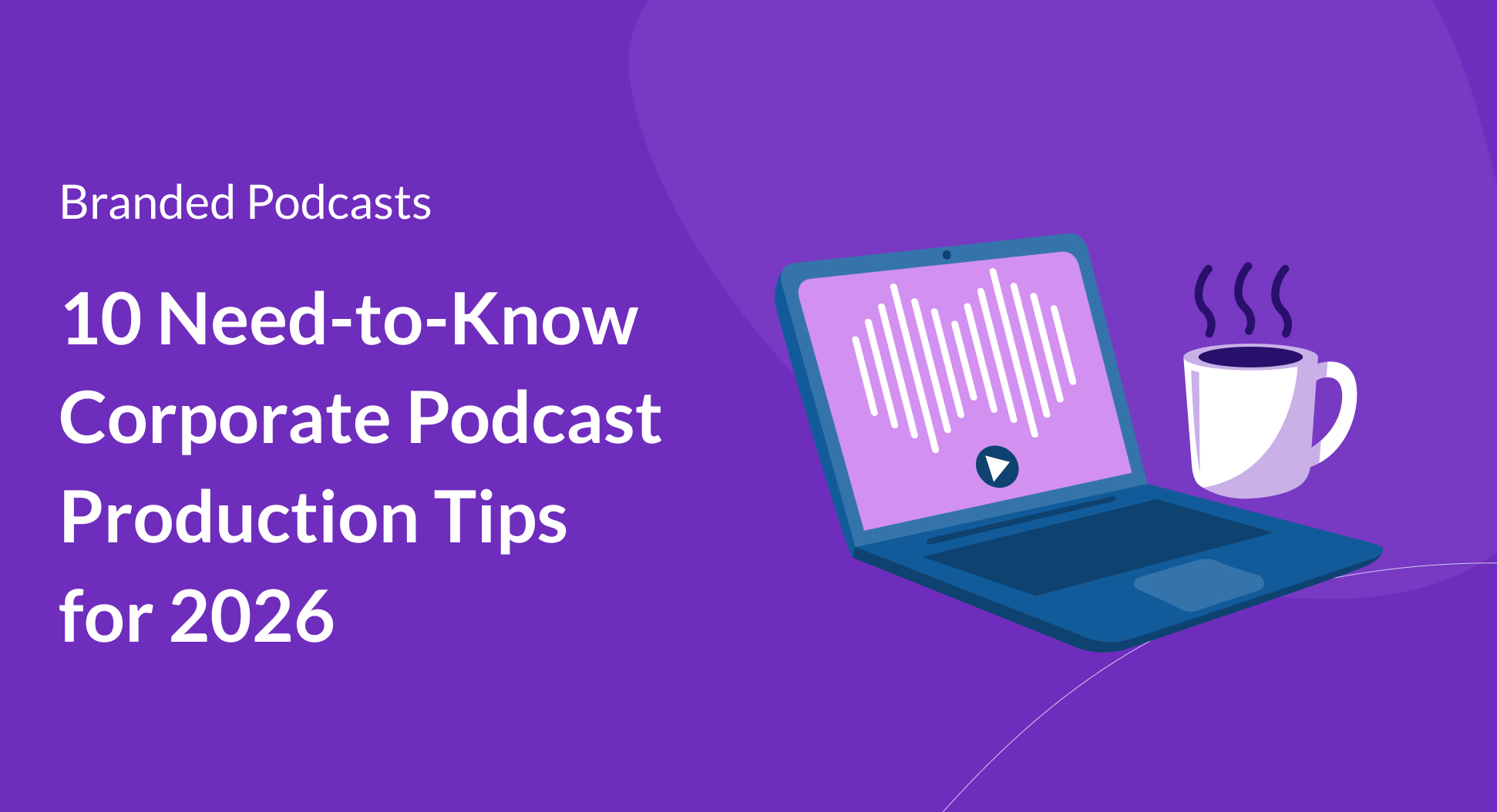
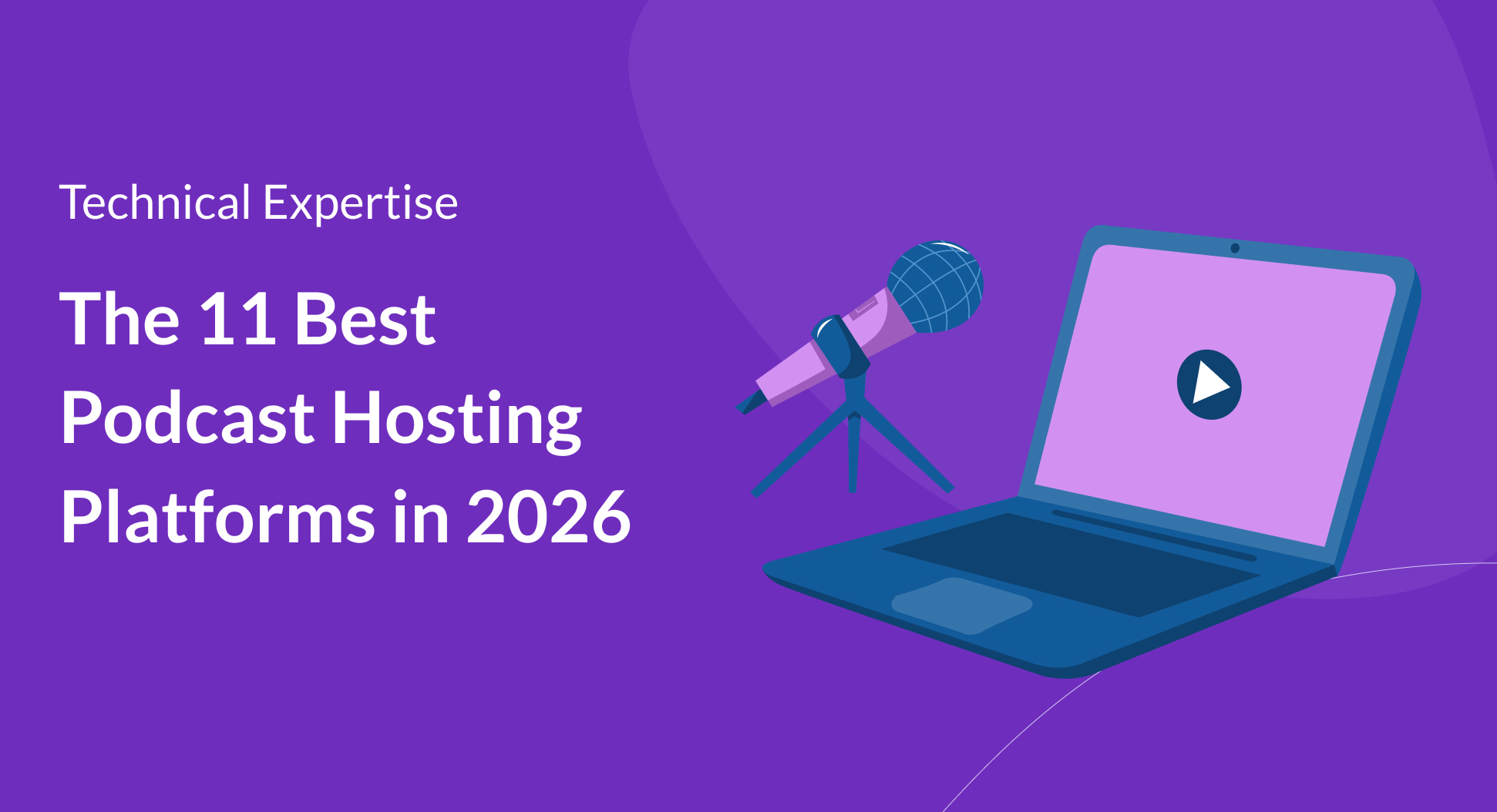
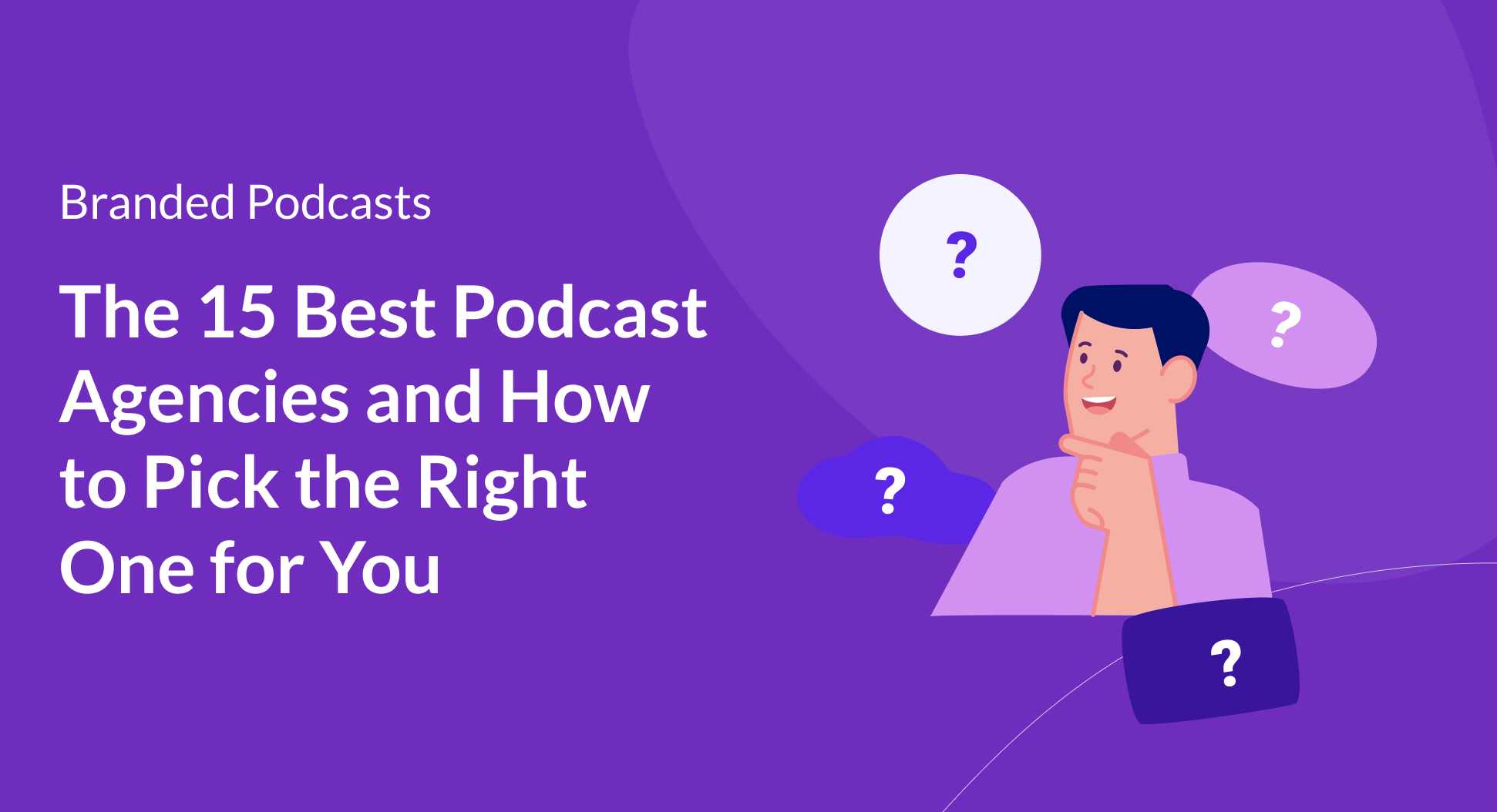
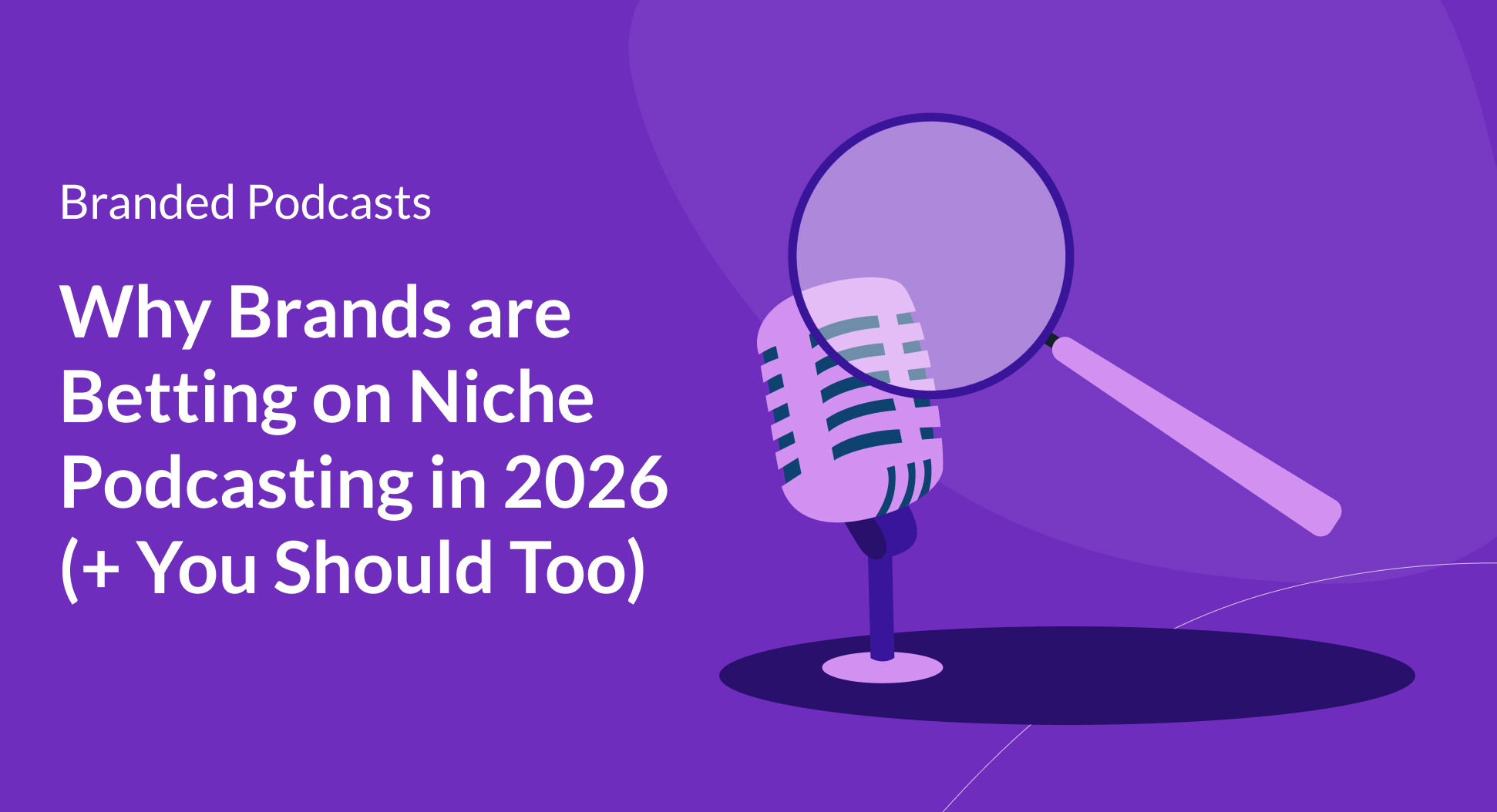
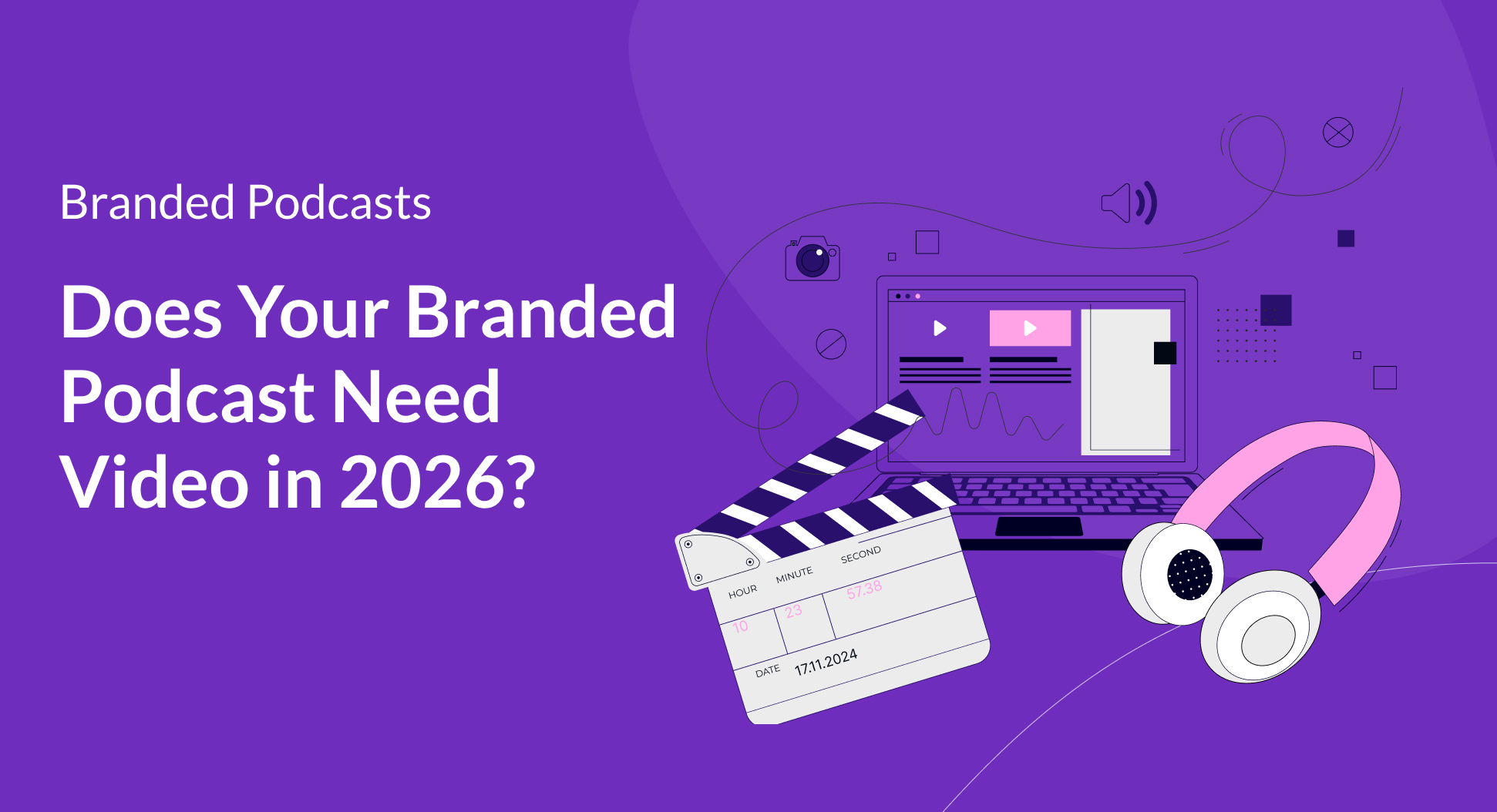

.png)

.png)




.png)
.png)
.png)
.png)